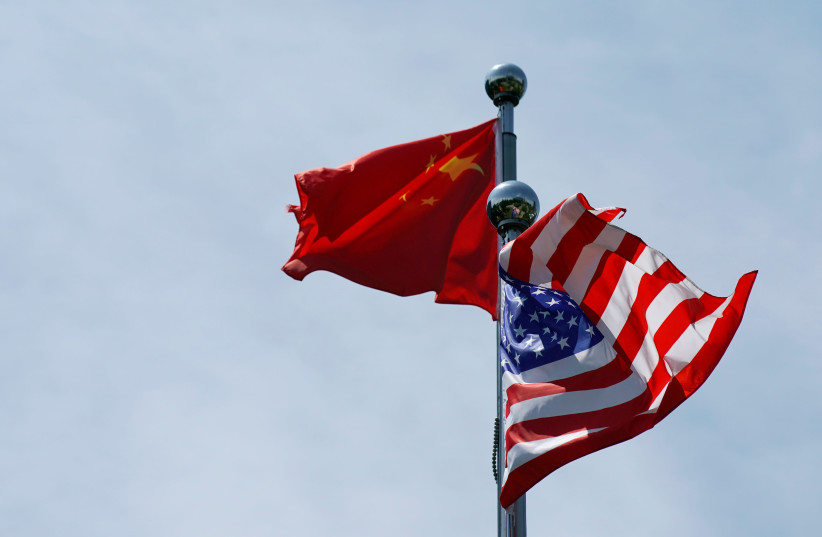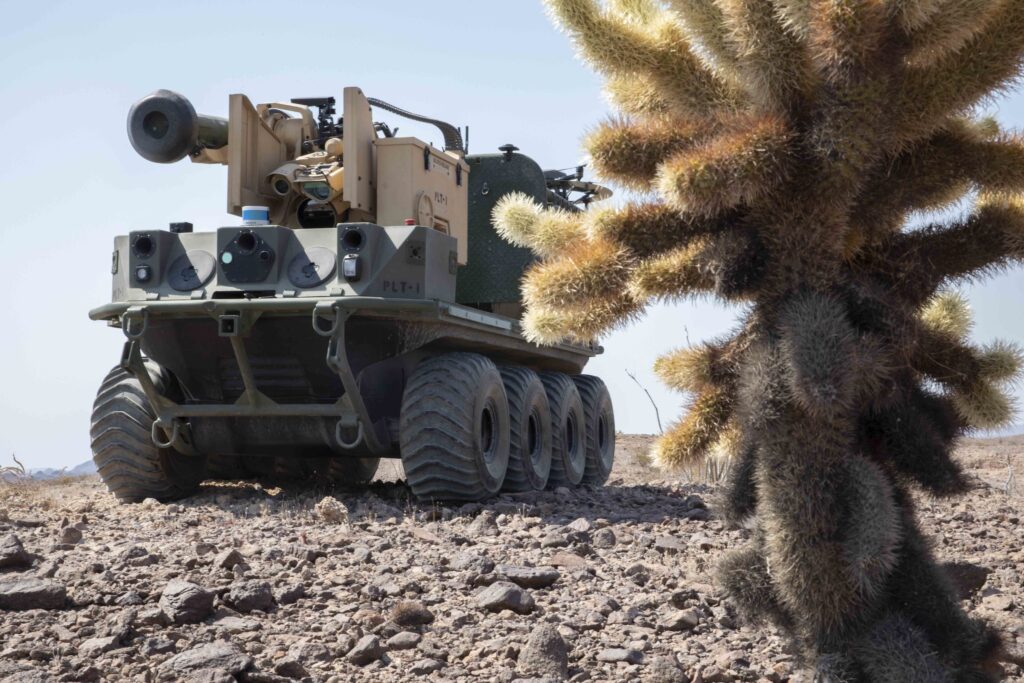By Mujib Mashal

On both sides of the negotiations between the Afghan government and the Taliban are nearly a dozen children of men who played key roles in the Soviet conflict in the 1980s that set off four decades of violence and loss.
Some of their fathers have since died of old age, insurgents to the end. Some faced more violent deaths, blown up in suicide bombings that have become a trademark of the war’s brutality. Many of the ones who have survived, their chests decked out in the medals and insignia of a conflict that has inflicted misery on millions, grew rich — enjoying palaces, political fortune, massive wealth. But they still play hide and seek with death.
Those fathers fought alongside each other to drive out the Soviets, then turned their guns on each other in the power vacuum that followed, waging an atrocity-filled civil war.
Now, their children know all too well what is at stake as the United States military continues its withdrawal with the peace talks in Qatar still up in the air: If the Afghan warring sides fail to agree on a formula of power-sharing, Afghanistan could break into another civil war, the conflict dragging on for another generation, with new enemies and new patrons.











